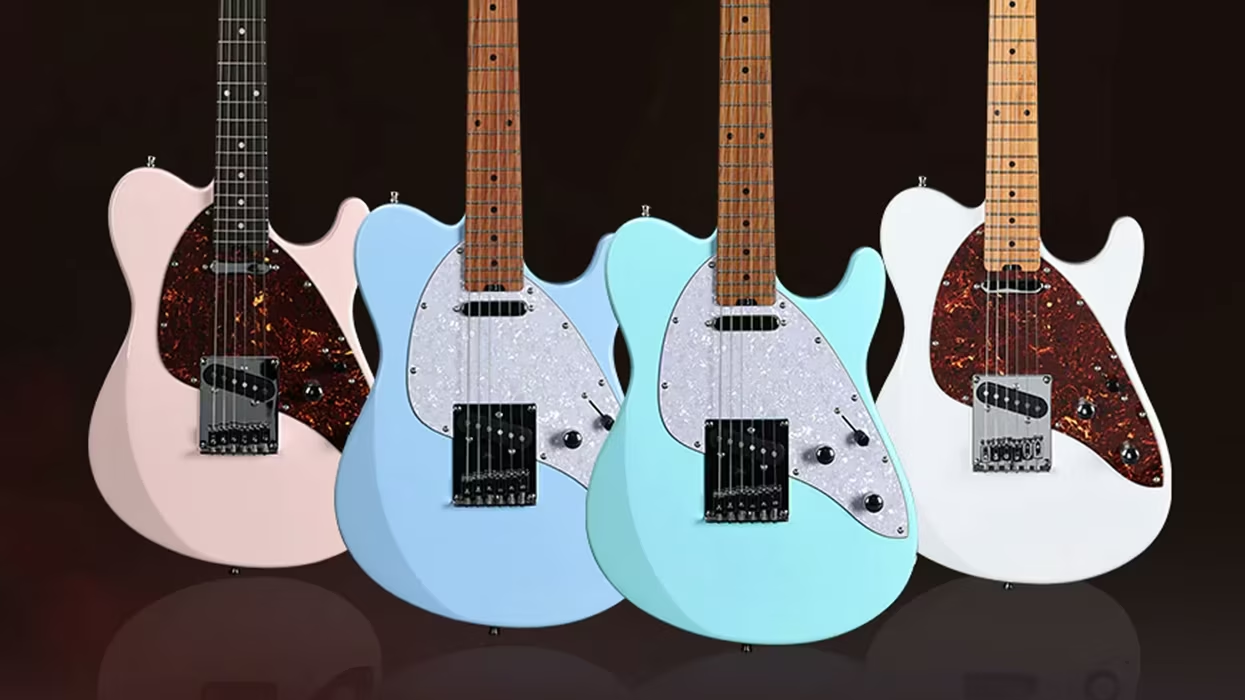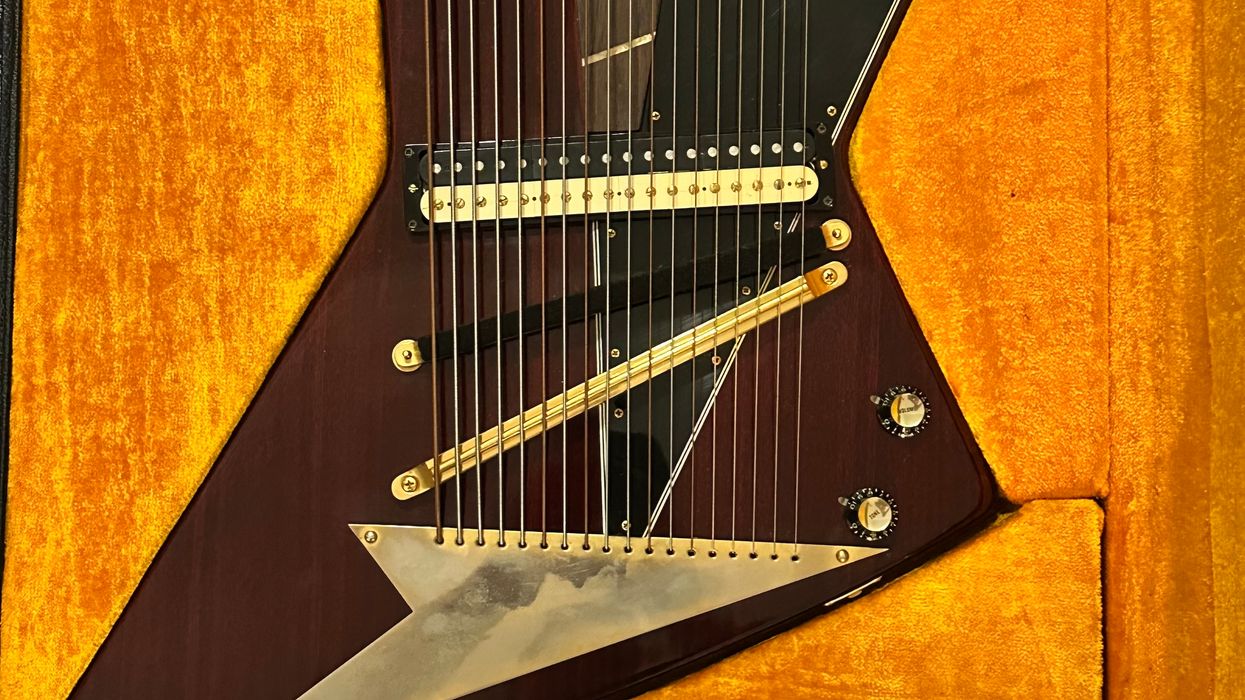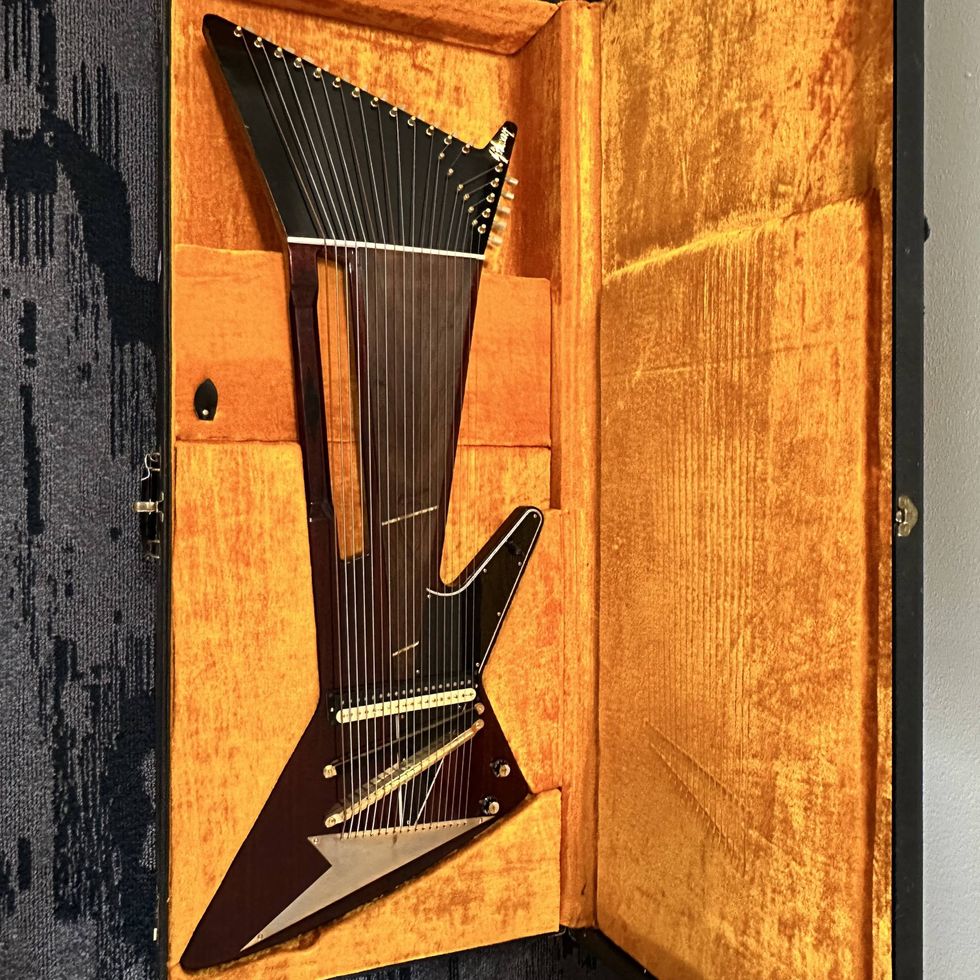I've recently been thinking quite a bit about guitar and the way it's evolved throughout the YouTube and social-media era. Seemingly every day you can tune in and find a new guitarist somewhere on the globe who blows you away with his or her skills. There's an endless amount of instructional material just a click away. But amidst all this virtuosity, talent, and inspiration, I worry that some guitarists—of all proficiency levels—might get discouraged. In this month's “Tone Tips," I want to encourage everyone out there to remember something: This is supposed to be fun!
Our best selves. When you are watching musicians doing mind-blowing things on YouTube or Instagram, keep in mind that they are showing you their best selves. They've most likely taken ample time to warm up and practice whatever you are seeing them play. Trust me: It wasn't always as effortless for them as it may appear. Take comfort in knowing they had to start somewhere, too.
My good pal Tim Pierce recently made a YouTube lesson video called "5 Quick Tricks When You're Stuck." And it contains some terrific advice on learning from other YouTube videos and virtuoso guitarists.
Tim suggests taking just one or two simple ideas, licks, or concepts from each video. The trick here is to not get overwhelmed or discouraged, and if you can come away learning just one thing from everything you watch—voilà—you will have improved your playing!
Write! Playing incredible licks with flawless technique is one thing, but it's relatively pointless if those licks and techniques aren't used in service of a great song. Music is not a sport. If you find yourself spending all your playing time practicing technique and soloing over backing tracks, it might be a good idea to allot some time for actually creating music. I find that a good gauge is whether or not non-musicians seem to enjoy your playing. It's great if other guitarists like what you do, but ultimately it's important to reach the people who are simply just lovers of music.
B.B. King, Jimi Hendrix, Eric Clapton, and Joe Satriani are all good examples of guitarists who were able to reach far beyond the guitar community with their guitar-based music. Sometimes, guitarists tell me that their kids or other family members like to listen to my music. That is a compliment I love to hear! If you write great songs and then use your playing skills to serve the music, I guarantee you will reach a far wider audience. Given that our phones can be used as 4-track recorders these days, it's certainly never been easier to document musical ideas when creativity strikes.
Play with others. It's important to remember how rewarding it is to jam with others. I recommend finding a way to do it often, and for no other reason or end goal than creativity's sake. I was in a bar in Hollywood the other night and there was a group of three musicians jamming in the corner. Most of the patrons weren't paying attention, but the musicians were obviously enjoying themselves anyway. Playing at home by yourself can, of course, be enjoyable, too, but jamming with others is really on another level. It was refreshing to see a group of players simply enjoying their musical conversation with no one filming it for YouTube or livestreaming it on Instagram. Which brings me to….
Phones and cameras at shows. Today's younger musicians may not even remember a time without smart phones. To them, livestreaming and filming at shows is the norm. Yet many older musicians really despise the prevalence of phone cameras and filming at their shows. They grew up in a time when it wasn't happening, so it's easy to understand why it's a frustrating development for them. Beyond the potential legality issues, it just adds an element of pressure. From the musician's perspective, it provokes anxiety and is distracting when you're constantly being filmed and photographed. Not only that, it detracts from everyone else's experience when multiple people are holding phones up high and blocking lines of sight.
I don't think it's realistic to suggest it should stop, but I do think we should all exercise restraint and tact when we reach for our phones at a show. When I'm attending a show and an artist requests no filming or photography, I abide by that request. If it is allowed, I'll take a selfie or stage shot or two to document the occasion, and maybe film a portion of a song, but then I put the phone away and enjoy the music. It's what I like audience members to do when I'm onstage!
It's important to keep music an organic, fun, and creative pursuit. With some restraint and common sense, we can utilize modern tech to enhance our musical lives by using it to help us learn and create. In closing, I'd like to recommend the benefits of taking an occasional break from tech. Grab an acoustic guitar, go sit on the porch, and get lost in some music for a while. Leave the phone inside. Until next month, I wish you great tone!


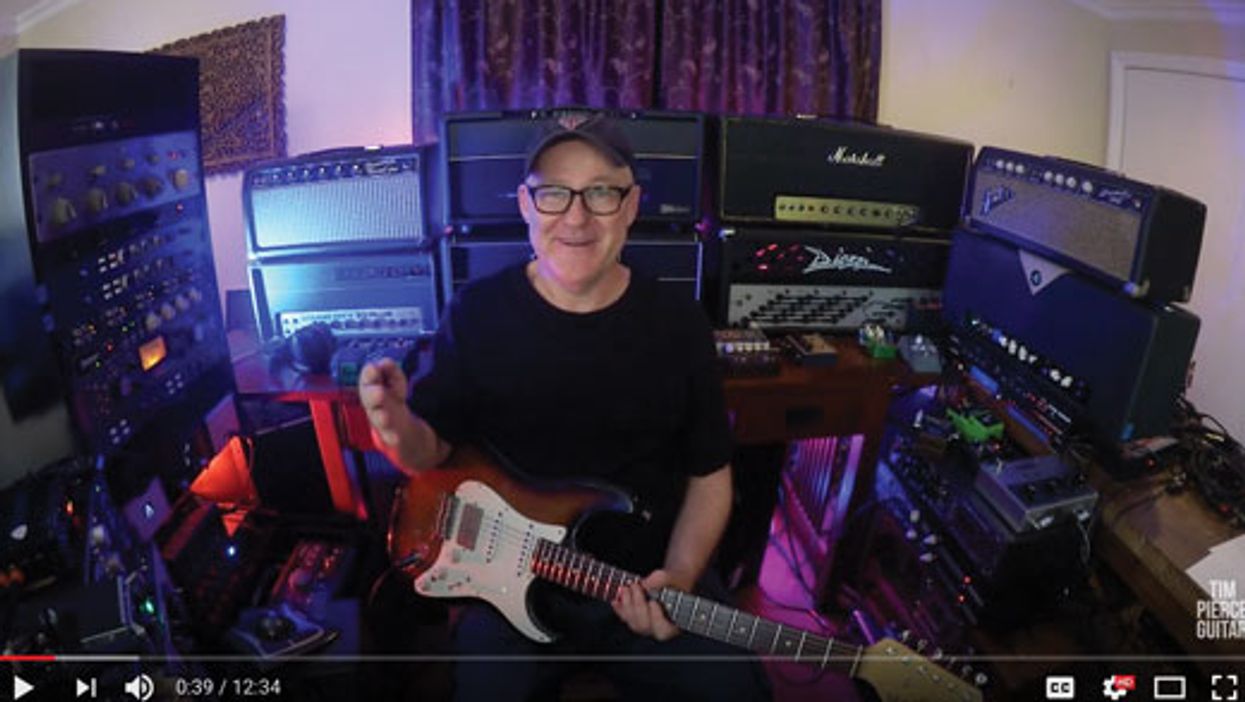



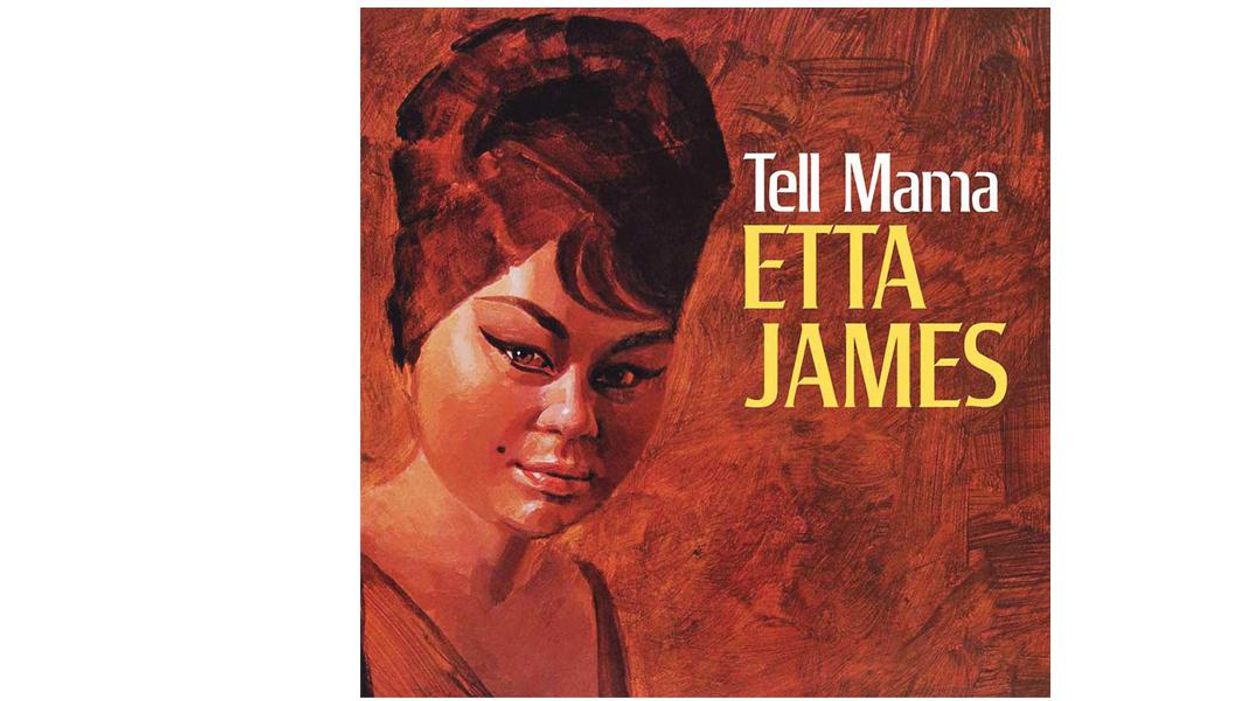
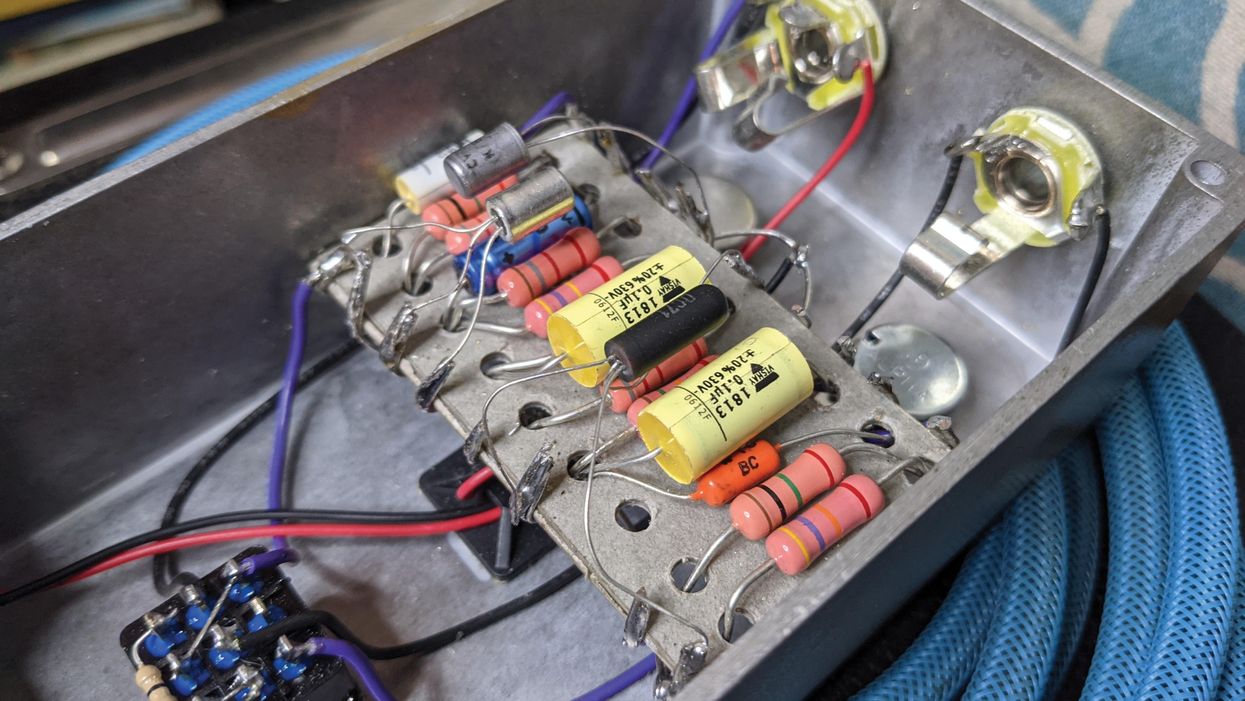
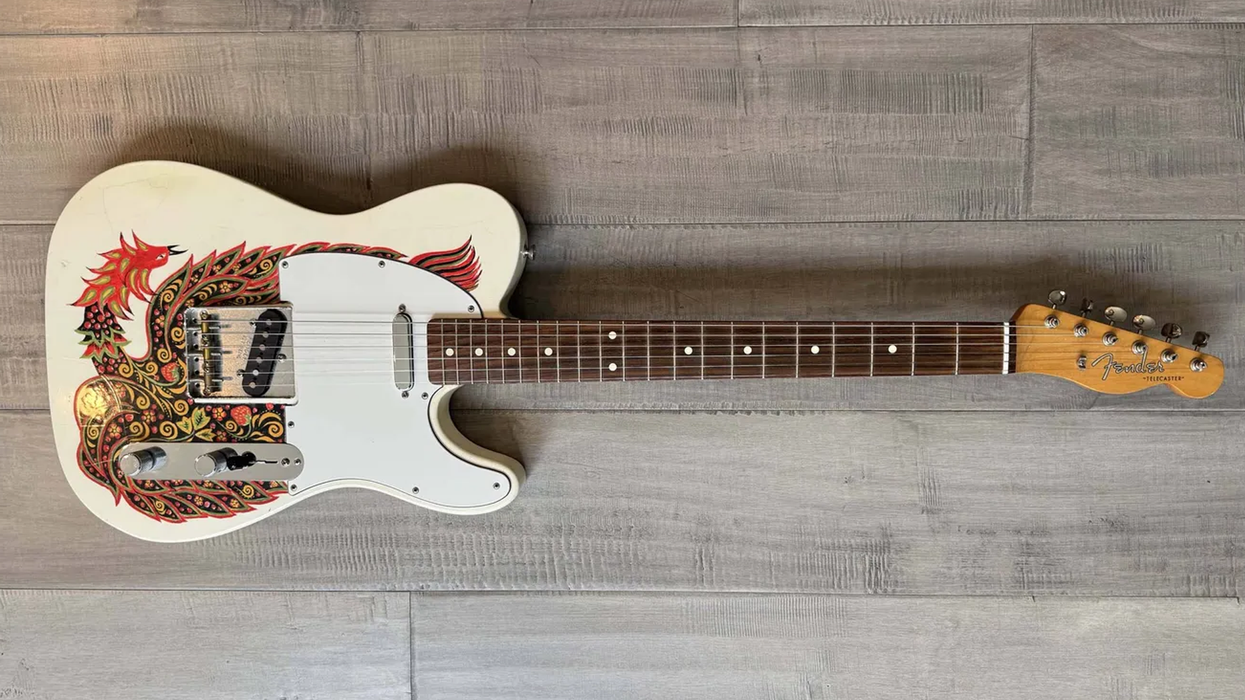
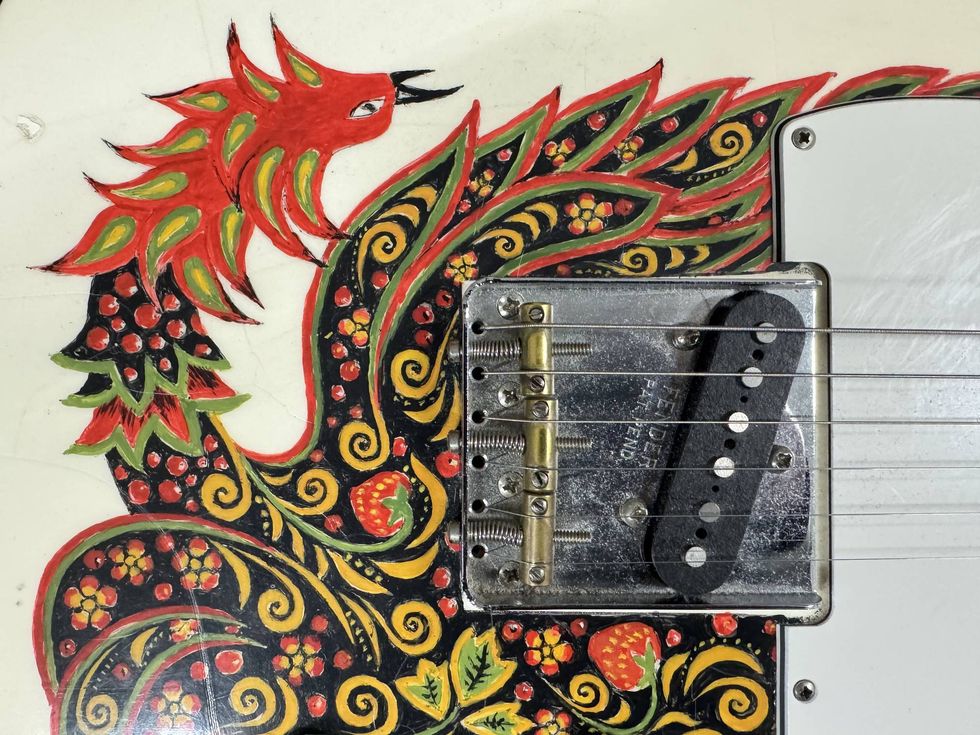
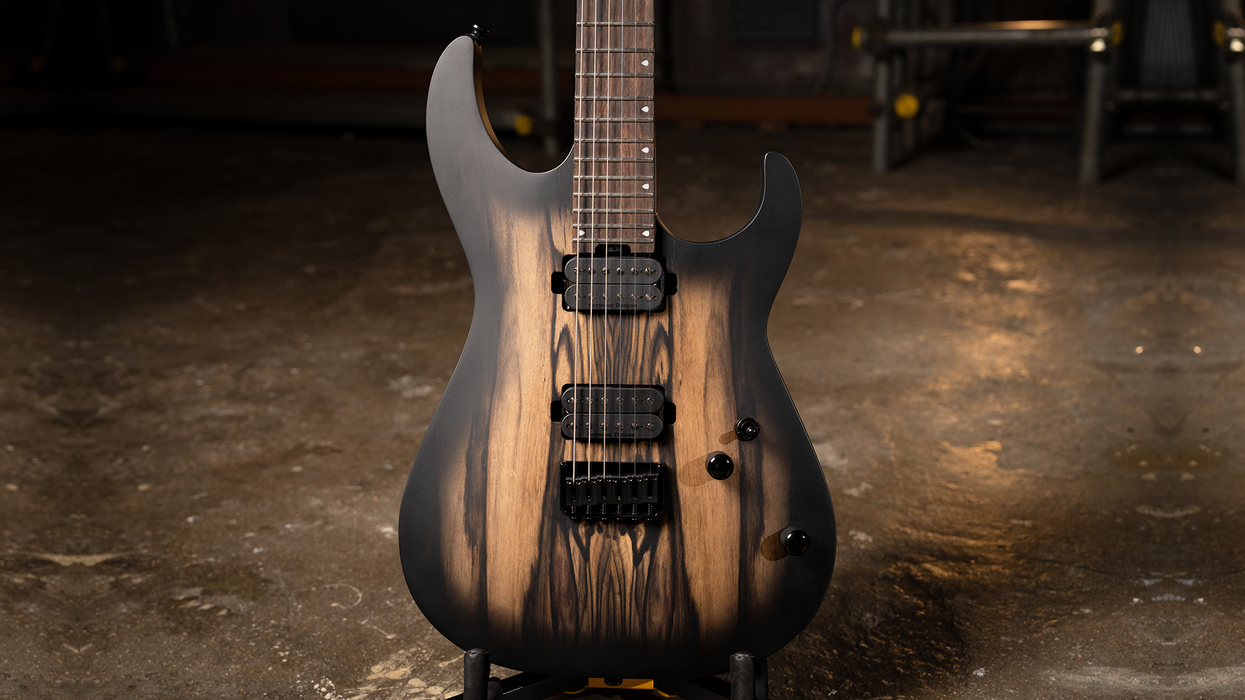

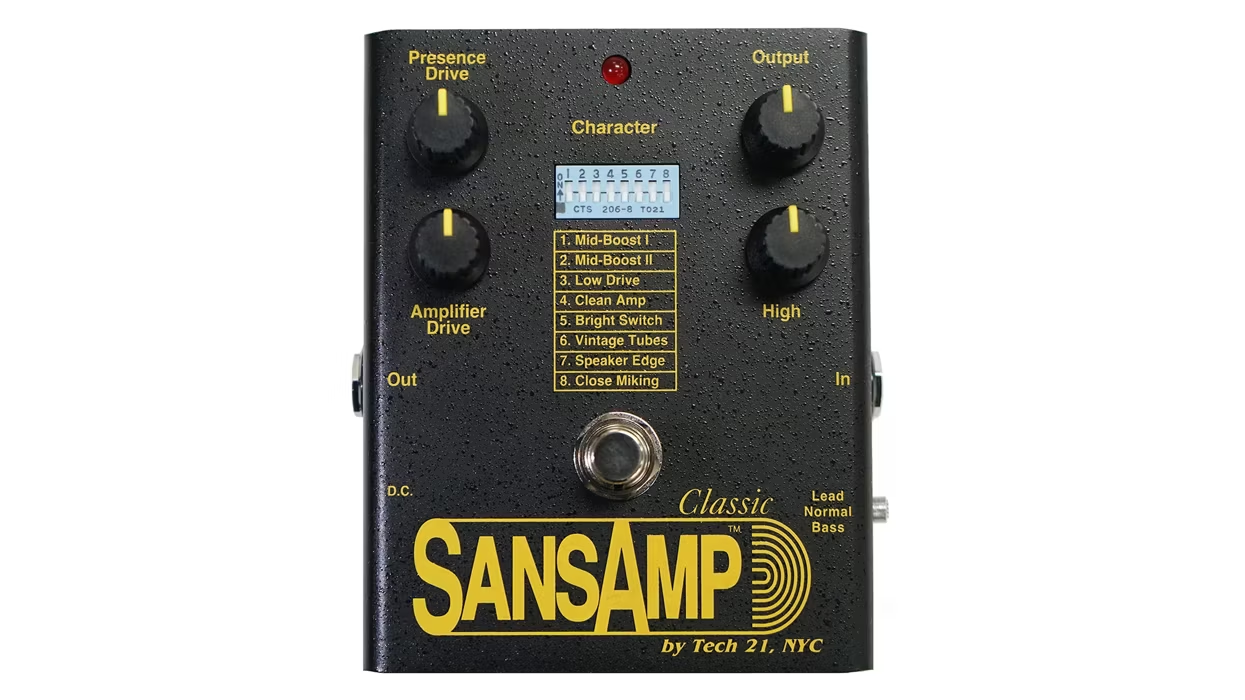
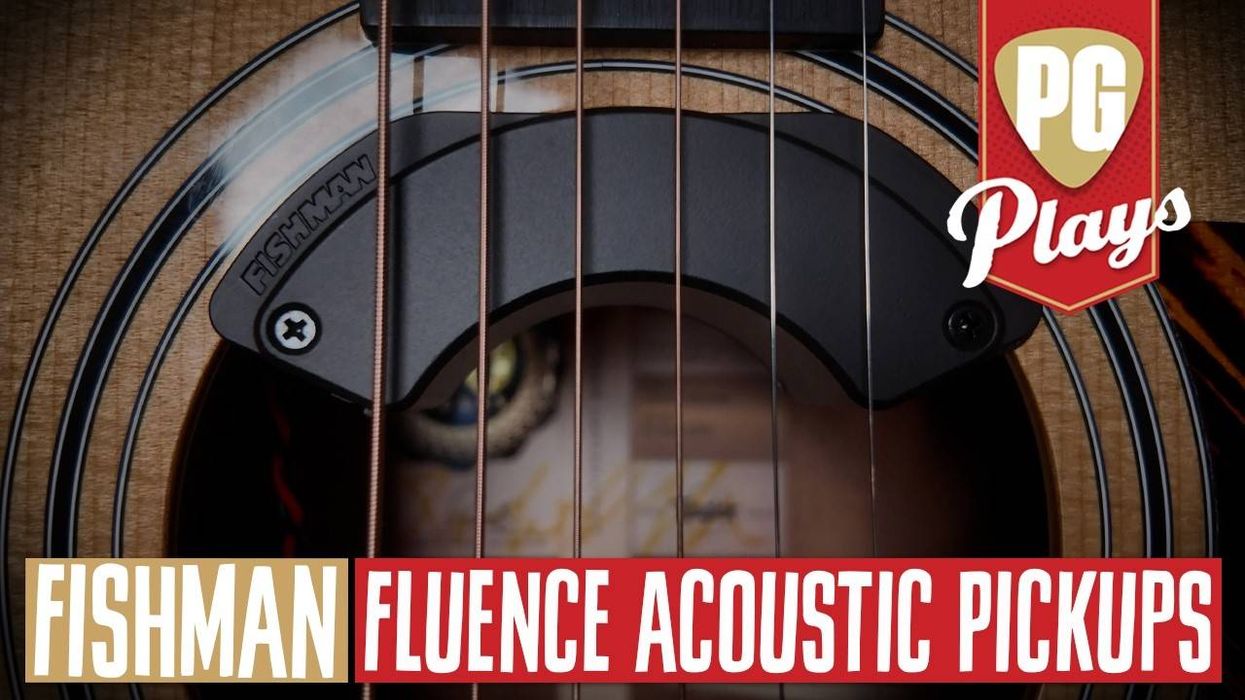
![Rig Rundown: Russian Circles’ Mike Sullivan [2025]](https://www.premierguitar.com/media-library/youtube.jpg?id=62303631&width=1245&height=700&quality=70&coordinates=0%2C0%2C0%2C0)
